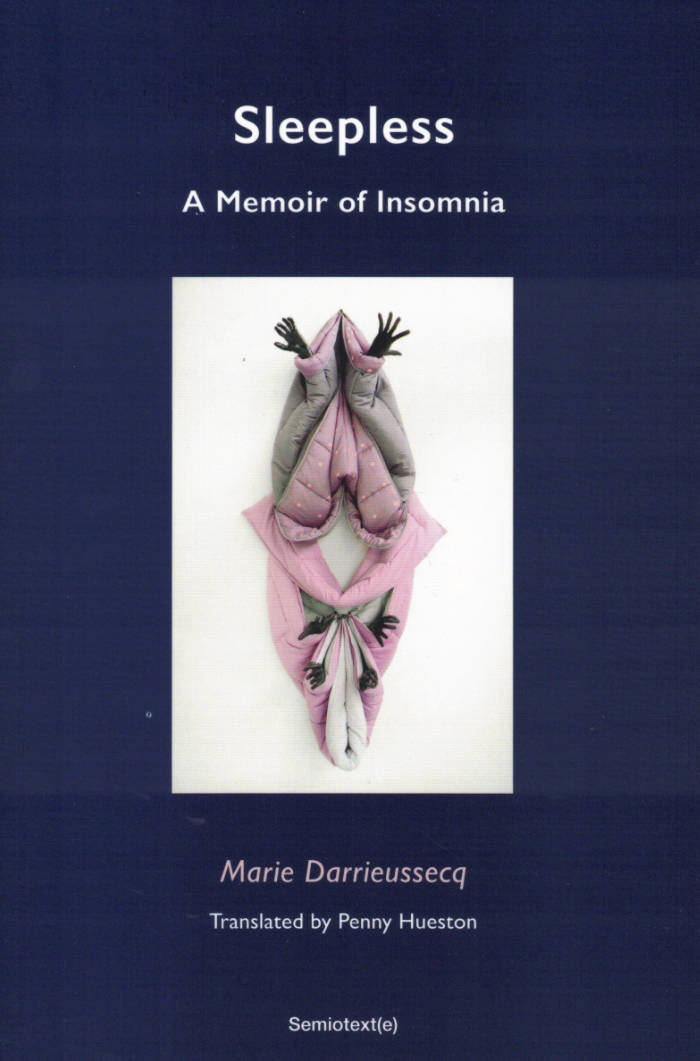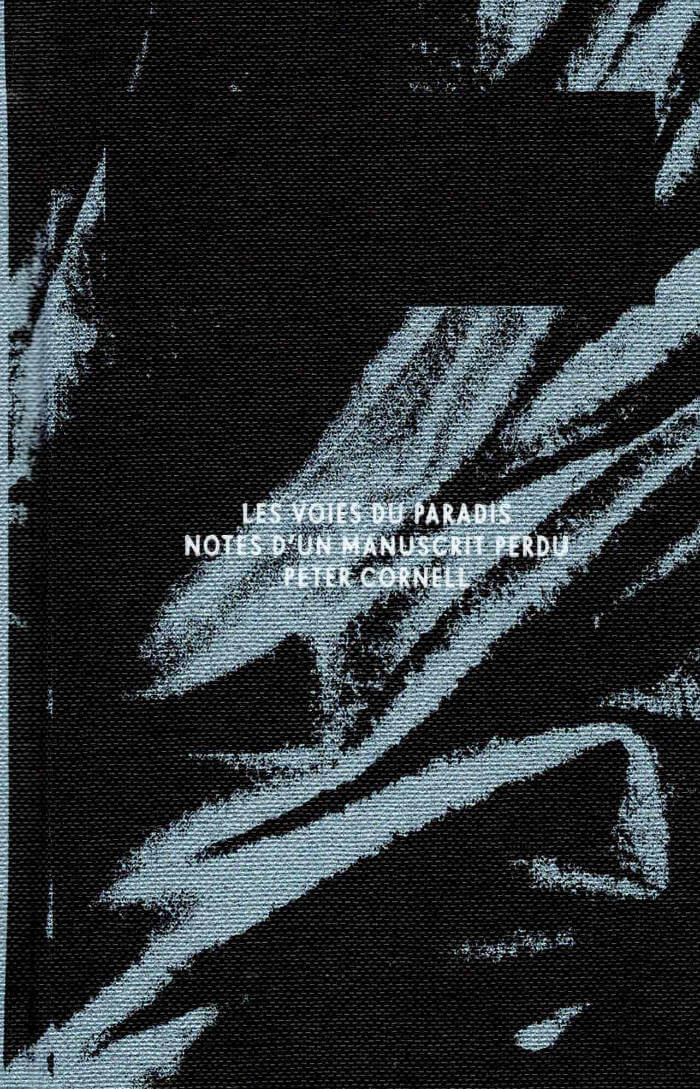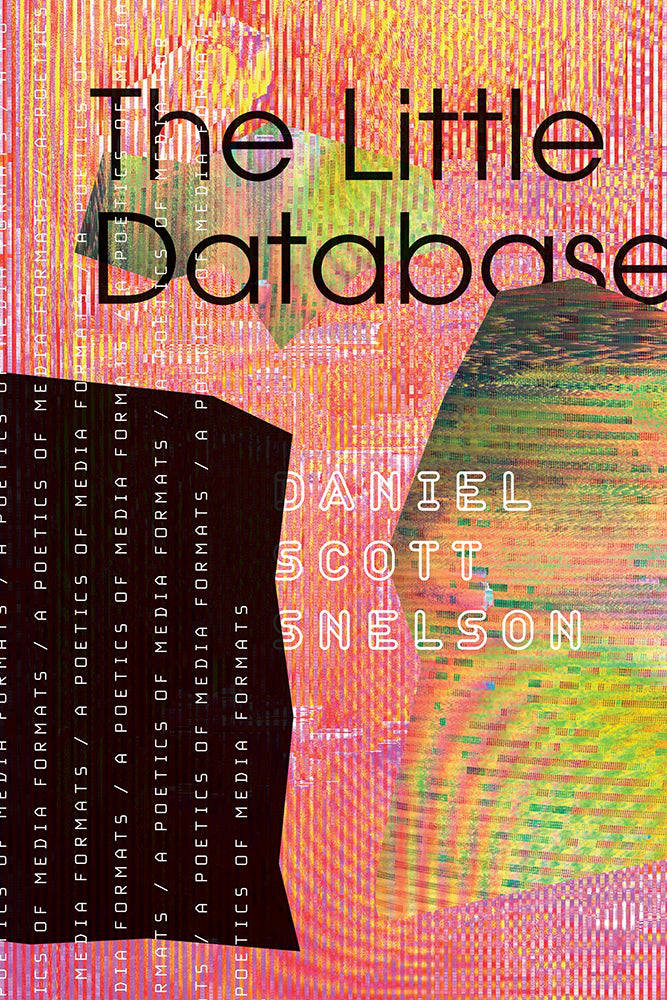
Sleepless: A Memoir of Insomnia
A restless inquiry into the cultural and psychic sources of insomnia by one of contemporary French literature's most elegant voices.
Plagued by insomnia for twenty years, Marie Darrieussecq turns her attention to the causes, implications, and consequences of sleeplessness: a nocturnal suffering that culminates at 4 a.m. and then defines the next day. “Insomniac mornings are dead mornings,” she observes. Prevented from falling asleep by her dread of exhaustion the next day, Darrieussecq turns to hypnosis, psychoanalysis, alcohol, pills, and meditation. Her entrapment within this spiraling anguish prompts her inspired, ingenious search across literature, geopolitical history, psychoanalysis, and her own experience to better understand where insomnia comes from and what it might mean. There are those, she writes, in Rwanda, whose vivid memories of genocide leave them awake and transfixed by complete horror; there is the insomnia of the unhoused, who have nowhere to put their heads down. The hyperconnection of urban professional life transforms her bedroom from a haven to a dormant electrified node.
Ranging between autobiography, clinical observation, and criticism, Sleepless is a graceful, inventive meditation by one of the most daring, inventive novelists writing today.







